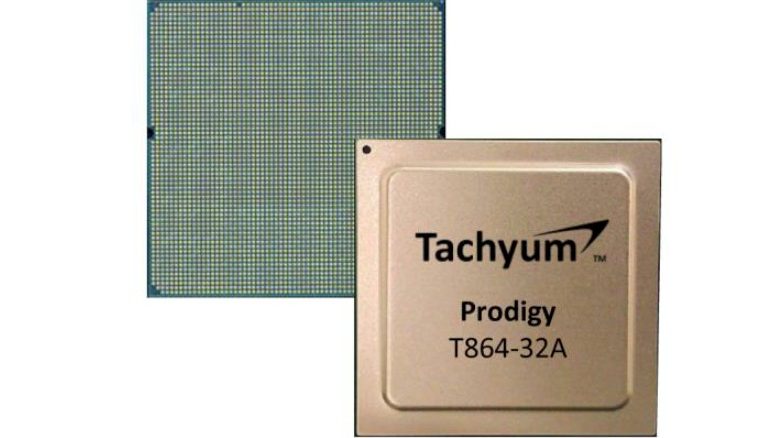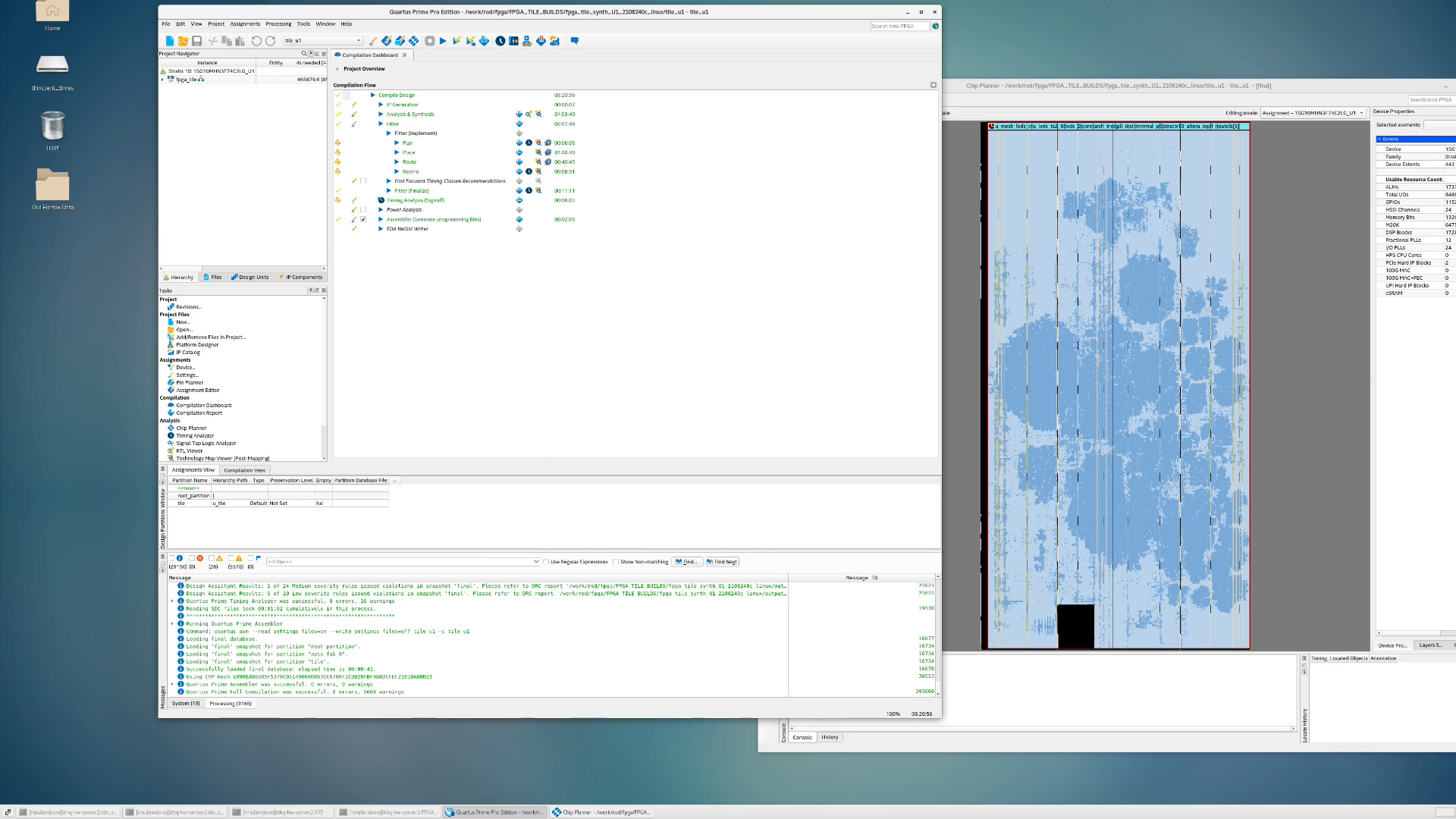Tachyum Boots Linux on Emulated FPGA-Based Prodigy Processor
First software runs seem promising

Tachyum, a San Jose-based start-up company promising to deliver a "universal" processor for HPC and AI computation, has today posted progress on its work and shared what the current state of the processor is. According to the company press release, the processor has successfully booted the Linux kernel on the emulated design that runs on a field-programmable gate array (FPGA).
With this processor called Prodigy, Tachyum wants to create a universal solution for hyperscale, HPC, and AI purposes. The current situation requires dedicated accelerators for these kinds of workloads and the solution is to use CPU in combination with a dedicated accelerator. That is what Tachym is trying to change with its Prodigy processor.
According to today's announcement by the company, we are getting the first Linux boot up on the hardware, although a slight emulation. Tachyum has booted Linux on an FPGA, meaning that it is not a real silicon implementation, but rather a close emulation of it.
FPGAs are used to usually emulate hardware before the real silicon arrives, so the company can prepare the software to run on the real silicon and test out some preliminary performance. Every company working with digital logic tests its designs on FPGAs prior to taping out the real silicon.
Tachyum has managed to "perform the Linux boot, execute a short user-mode program and shut down the system on the fully functional FPGA emulation system."
The next phase of the Prodigy processor delivery is debugging and verification, where engineers are running trillions of test cases to find any possible bug in the processor. As those are ironed out, the design is getting closer to manufacturing. A full four-socket reference design motherboard is expected to be available in Q1 2022 when Tachyum hopes to deliver its Prodigy design to the first clients.
Get Tom's Hardware's best news and in-depth reviews, straight to your inbox.
